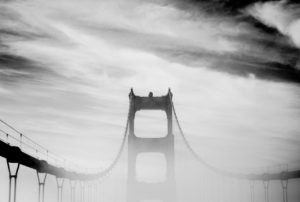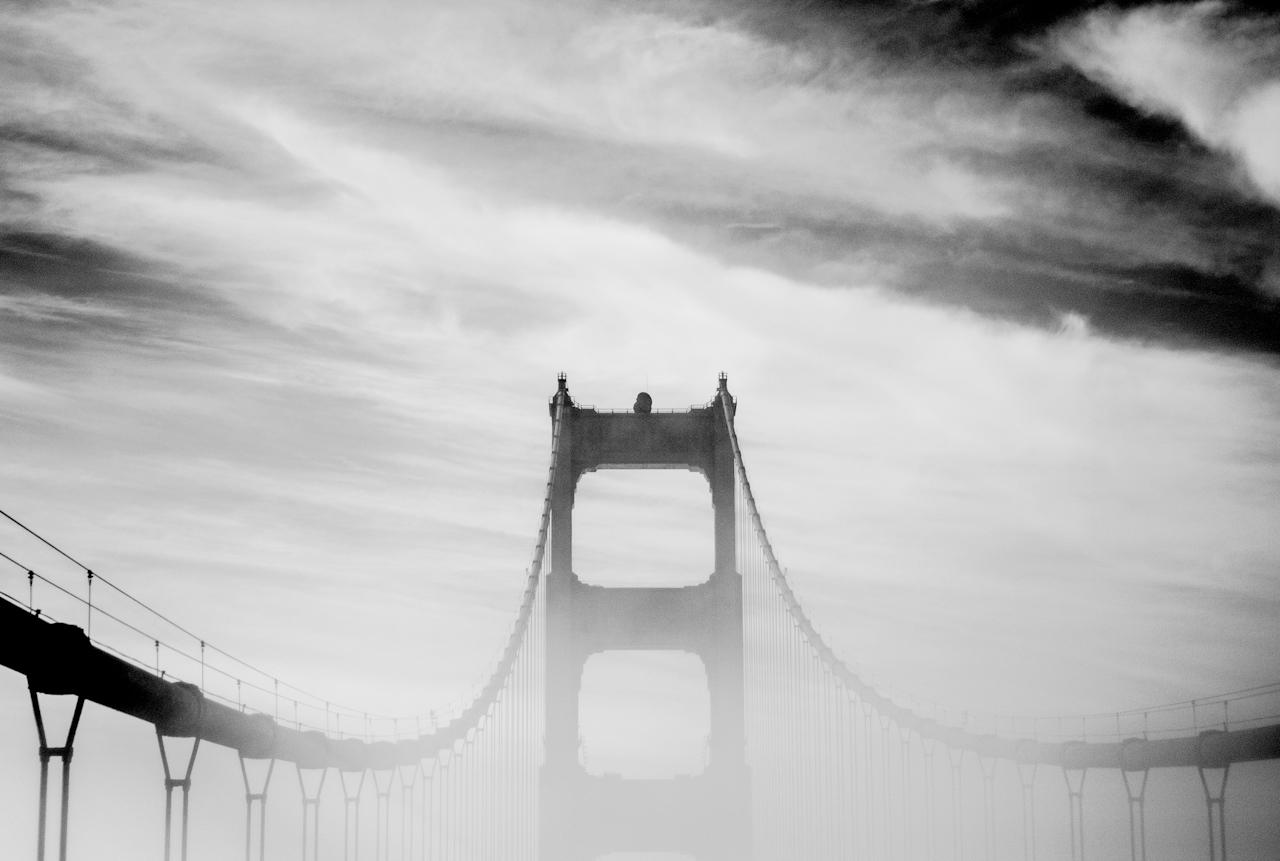
When forgiveness is hard, lift your sights.
Blessed are those who hunger and thirst for righteousness, for they will be filled. Blessed are the merciful, for they will receive mercy (Matthew 5:6-7).
Often forgiveness is hard.
Some face the difficulty of forgiveness by denigrating it, seeing it as a sign of weakness, of caving. Well, if delusions of power have you in their grip, it looks that way. But try actually forgiving, and you find that it takes more grit than any conquest.
Some face the difficulty of forgiveness by declaring it accomplished without doing the work. But the journey of forgiveness is hard and can take a very long time. Furthermore, you cannot do it on your own. With God’s help, you need to face feelings and ambiguities and, hardest of all, yourself. You do all that despite the persistent inner complaint that you did not ask for this. It is not fair to have to work hard at this. But you must.
Hard Times
To make matters worse, we live in a paranoid, polarized era. Political and even commercial influencers exploit a universal human weakness: The tendency to denigrate outgroup members to shore up our bonds with ingroup members. Nothing unites a group like a common enemy. Social media and a plethora of 24/7 news tailored to niche markets build the narrative of “good people like us” versus the demonized others. We live in alternate realities and cannot find common ground – indeed, we no longer seek it. Differences of opinion become existential threats.
As a result, forgiveness is hard in another way: We have difficulty finding transgressions we are willing to forgive.
I used to think empathy was the key to forgiveness. It certainly helps. If you can put yourself in the other’s shoes and realize you could have done the same thing, that can go a long way. But too often betrayal obliterates any sense of knowing the person whom you thought you knew. You might forgive the person you imagine them to be, but you cannot resolve the nagging question, Why did they do this? What were they thinking?
Guidance from Augustine and Julian
Augustine was nothing if not a realist about human nature. He developed the idea of original sin and our utter need for God’s grace to redeem us from it. He lamented the use of force but deemed the threat of it necessary to maintain any order among sinful human beings.
Yet, his most famous quotation, offered to God, is, “We were made for you, and our hearts are restless until they rest in you.” He believed that love for God and for God’s beloved ones constitutes our core motive, marks our true nature as God’s children. Evil is a privation of our nature, a distortion or lack of love. It is not really a thing opposed to love; it is a no-thing that diminishes it.
How does that play out in the betrayal and damage we do to each other? I like the divinely revealed allegory Julian of Norwich offers. She sees us like servants who love God so much that we run harder than we can manage to find what pleases God. We fall into a ditch and lose our view of God. Injured, we lose our patience and our bearings. We end up lost, doing what we do not really want, not doing what we set out to do. But we run for love.
Finding the Goodness in Myself and My Enemy
I cannot understand the people who have hurt me. Nor do those whom I have hurt understand me, I suspect. Both of those truths frustrate me. Yet, I find consolation in seeing all of us as lovers of God who lost our balance and our way, but still love God and neighbor. I may not muster faith in the person who hurt me, but I can muster faith in the God who made us for love. Therefore, I can trust that the others’ deepest motive, like mine, is love, a love battered and diminished, but still love.
And somehow, when all things come together, when we see God face-to-face, we will see each other as God sees us. We will see the love underlying the sins, no longer twisted but set straight, no longer double-minded but single-minded, no longer fearful and angry but free. We may find empathy elusive and forgiveness out of reach. But we can trust that the goodness we sense within despite our sin is a goodness, a love that everyone can claim, including those who hurt us.
When forgiveness is hard, the hope that we will know the love of God in the hearts of each other may be enough. Even if it takes an eternity.
Related Posts
Julian’s Joyful Insight Into Sin
Confessions of Augustine: A Gift From a Friend
Our Greatest Fear and Deepest Desire
Forgiving the Ones You Are Stuck With


I think your thought about not understanding why people hurt us and our not understanding why we hurt others is a key.
It is living in that tension, and holding the other points you made, that helps us find a way to forgive. I know much of my own desire to forgive grows out of my knowledge of wrong I have done to others. When I let the one that wronged me off the hook of my anger it allows me to find a way to be a person in better touch with my own hurtful nature.
I appreciate your humble transparency, and that’s what we need – humble transparency. It is harder to forgive others when we fail to see our own capacity to hurt others and need forgiveness.